History
The history of homeopathy and it's founder, Samuel Hahnemann, is a fascinating topic, which is explored further in the FAQ's below. You will also find books in this category which cover the history of "energy medicine" in general and a book which covers more recent 'history' of homeopathic characters.
-
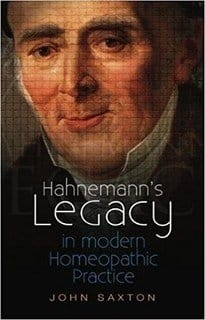 In Stock
Hahnemann's Legacy in Modern Homeopathic Practice
In Stock
Hahnemann's Legacy in Modern Homeopathic Practice
-
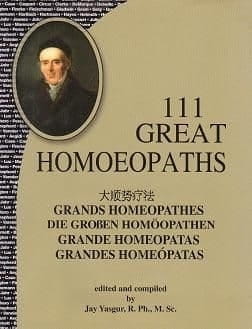 In Stock
111 Great Homeopaths
In Stock
111 Great Homeopaths
-
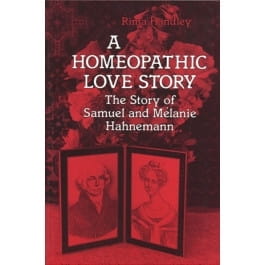 In Stock
A Homeopathic Love Story: The Story of Samuel and Melanie Hahnemann
In Stock
A Homeopathic Love Story: The Story of Samuel and Melanie Hahnemann
-
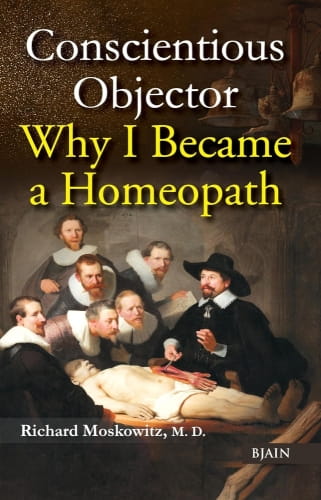 In Stock
Conscientious Objector - Why I Became a Homeopath
In Stock
Conscientious Objector - Why I Became a Homeopath
-
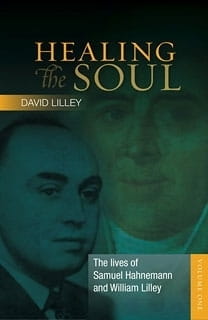 In Stock
Healing the Soul (Volume One)
In Stock
Healing the Soul (Volume One)
-
-David-Lilley.jpg) In Stock
Healing the Soul (Volume Two)
In Stock
Healing the Soul (Volume Two)
-
 In Stock
Homeopathy in the Irish Potato Famine
In Stock
Homeopathy in the Irish Potato Famine
-
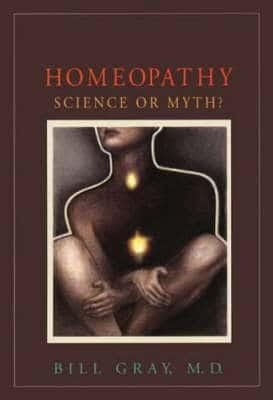 Imperfect Stock Only
Homeopathy: Science or Myth?
Imperfect Stock Only
Homeopathy: Science or Myth?
-
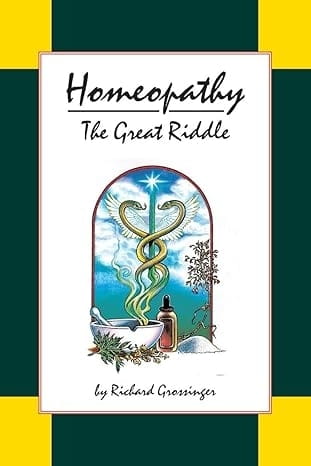 Imperfect Stock Only
Homeopathy: The Great Riddle
Imperfect Stock Only
Homeopathy: The Great Riddle
-
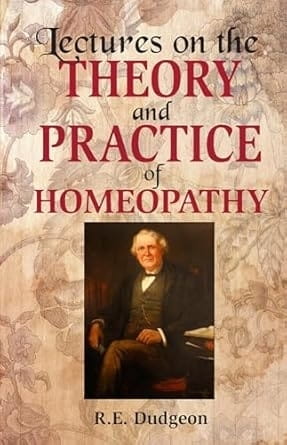 In Stock
Lectures on the Theory and Practice of Homeopathy
In Stock
Lectures on the Theory and Practice of Homeopathy
-
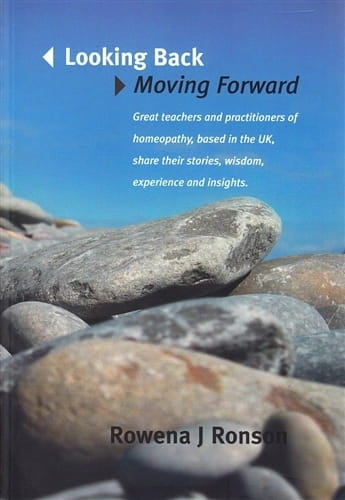 In Stock
Looking Back, Moving Forward
In Stock
Looking Back, Moving Forward
-
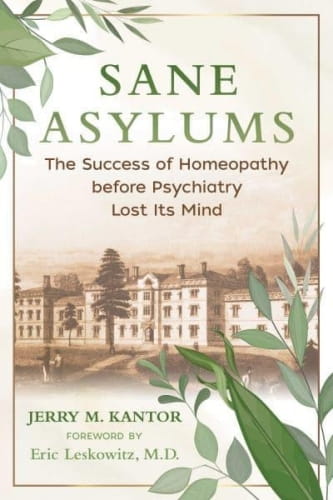 In Stock
Sane Asylums
In Stock
Sane Asylums
Frequently Asked Questions (FAQ's)
Who discovered homeopathy?
It was experimentation with an 18th century "wonder drug" derived from cinchona bark (china or quinine), by German physician Samuel Hahnemann, after he gave up his medical practice, that led to the establishment of Hahnemann's homeopathic principles and the creation of a branch of complementary and alternative medicine.
As a consequence of Hahnemann's ground-breaking work, homeopathic treatment is available all over the world, with a huge range of homeopathic remedies dispensed by an ever-growing number of homeopathic practitioners.
How was homeopathy discovered?
Having given up his medical practice, Hahnemann experimented on himself with the cinchona drug, quinine, and discovered that the "side effects" it brought about in patients were similar to the primary effects of malaria - a disease for which it was then the only known cure. He determined that the curative effect of the drug lay in the similarity between the symptoms produced by both drug and disease.
These experiments on himself with china and other contemporary drugs, such as belladonna, aconitum and camphor led to Hahnemann establishing the new medical principle on which homeopathy is based - the principle of cure by similars or "similia similibus curentur" (like treats like).
How does homeopathy work?
Hahnemann believed that if a patient had an illness, it could be cured by giving homeopathic medicines which, if given to a healthy person, would produce similar symptoms of that same illness but to a slighter degree. Thus, if a patient was suffering from a severe cough, they were given a homeopathic medicine which in a healthy person would provoke a mild cough. By a process he called ‘proving’, Hahnemann was able to compile a selection of appropriate remedies for the various physical and emotional ailments he was presented with.
How widely is homeopathy practised today?
Whilst Homeopathy may not be a mainstream form of healthcare in countries like the UK and many countries in continental Europe, which have well established healthcare systems that are either partially or fully funded by the state, globally it is the second most practised healthcare methodology.
Research studies conducted over the last 15 years in the USA, UK, Australia, Israel, Canada, Switzerland, Norway, Germany, South Korea, Japan and Singapore concluded that each year a small but significant percentage of these general populations (up to 4%) use homeopathy. This includes visits to homeopathic practitioners as well as purchase of over-the-counter homeopathic preparations.
You will find a number of texts in this section that describe various aspects of homeopathic history, but if you wish to learn more about the nature of homeopathy and why so many people believe in its efficacy as a complement to conventional medicine, then you will also find many fascinating texts in the "Introductory and General" category on this website.
